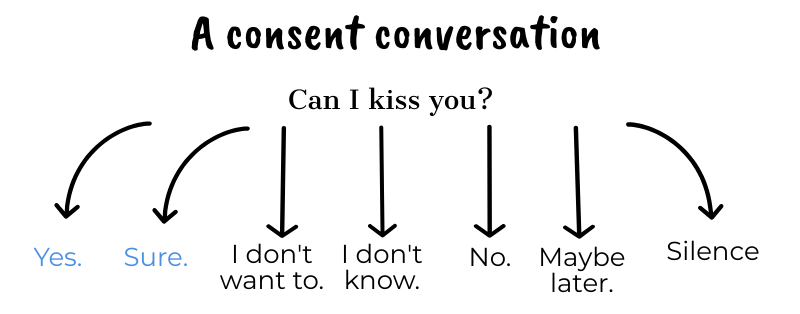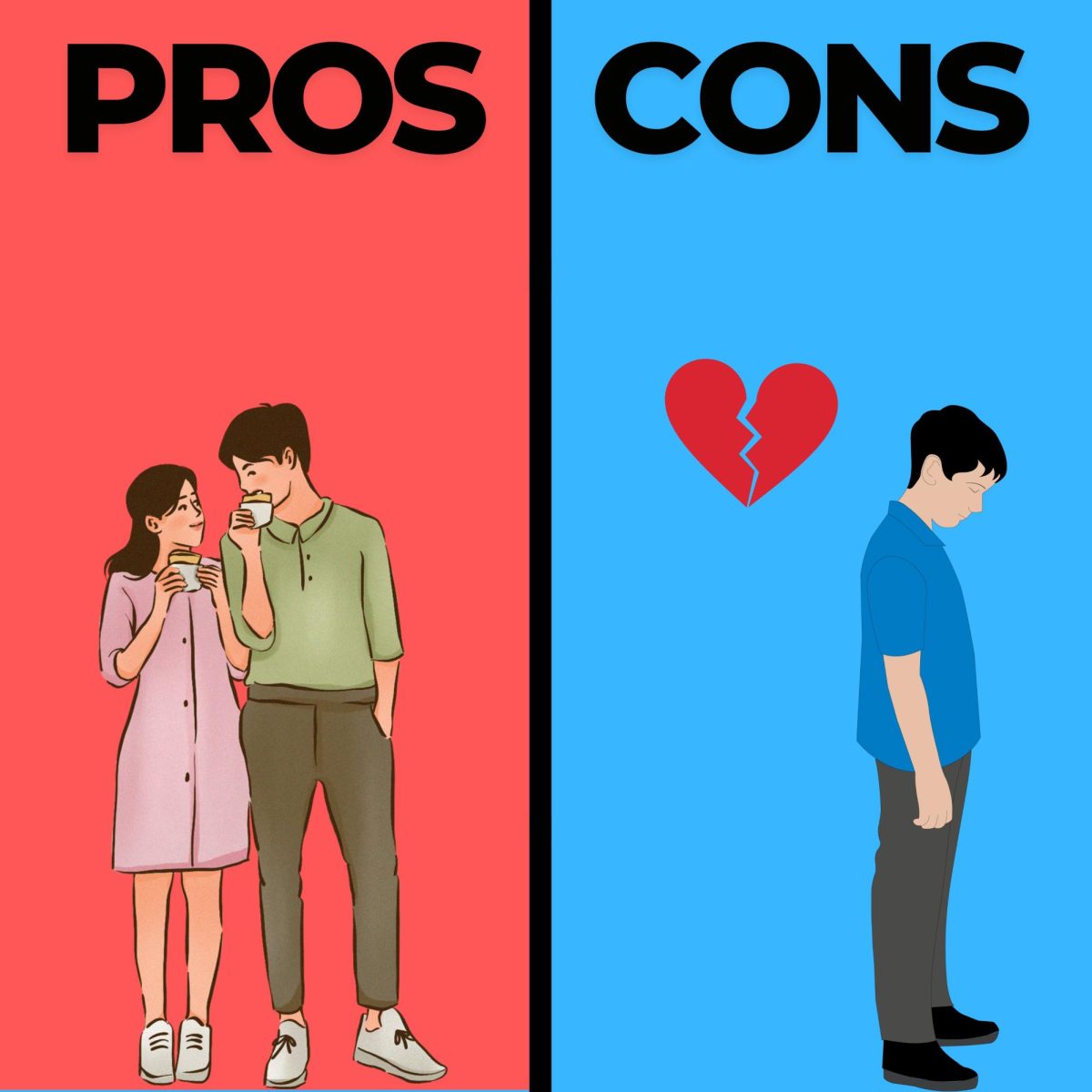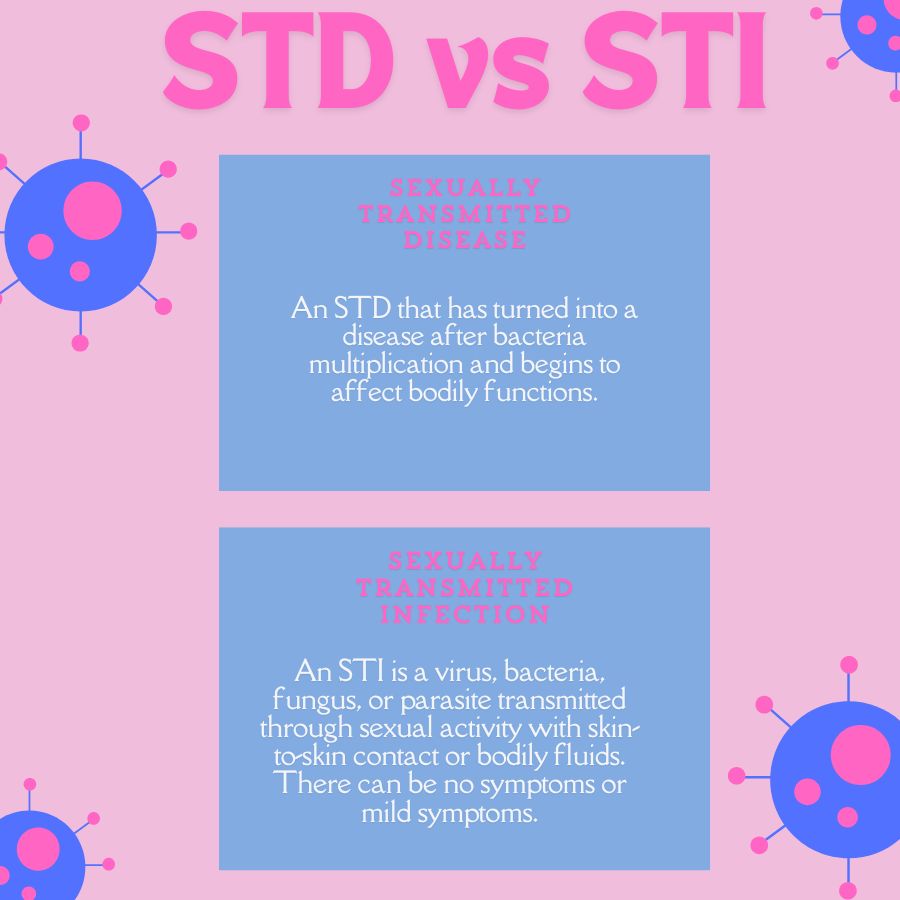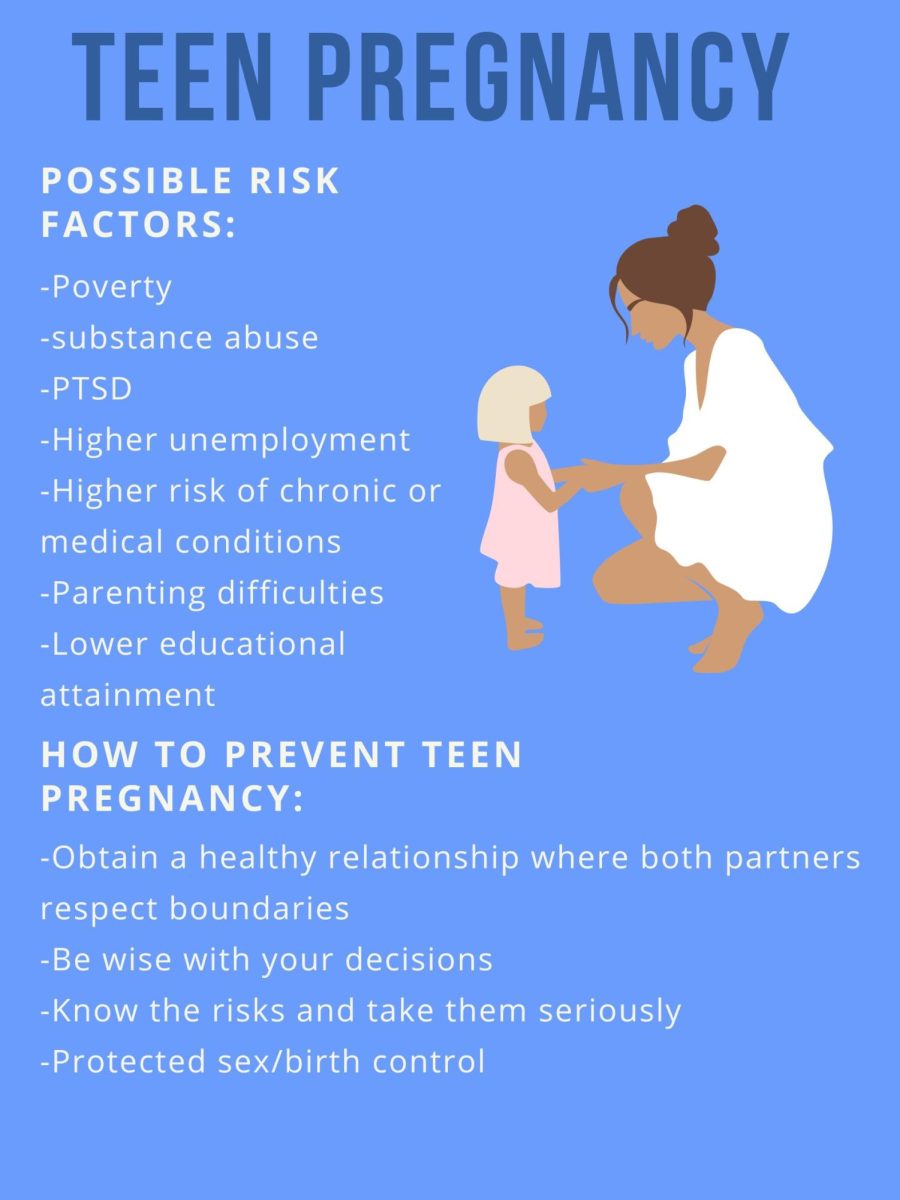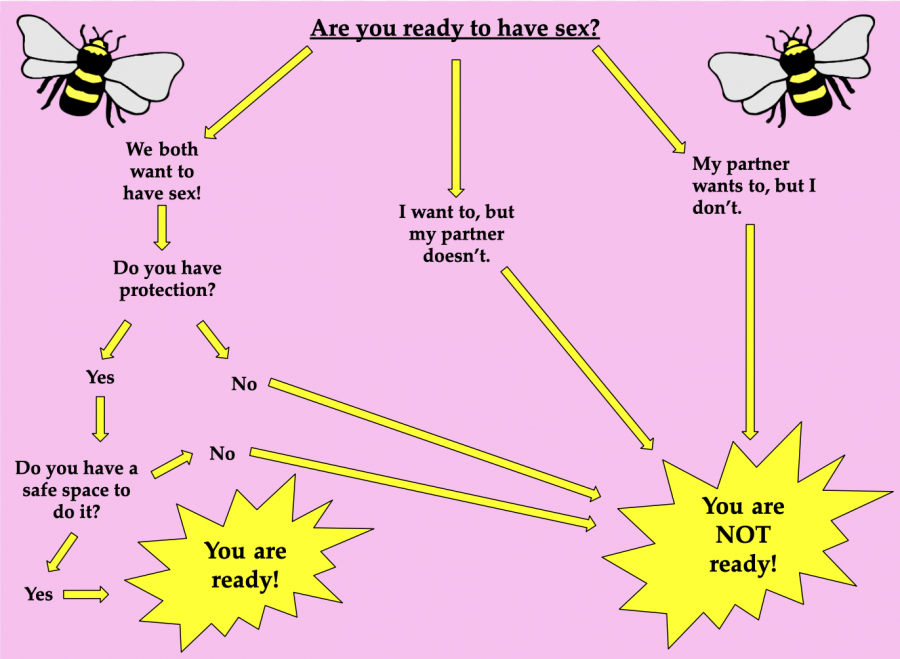Whether single or not, there are important guidelines to know when it comes to consent.
Consent is a crucial part of any interaction, especially when it comes to sexual activities. According to Planned Parenthood, consent is defined as “when a person freely agrees to do something.” Sexual consent is when a person agrees to engage in sexual activity with their partner. In the annual Sex and Dating Survey issued by The Cougar Press, 16 percent (121 out of 768 students) answered that they have been involved in non-consensual sexual activity.

Having a person’s consent before participating in any form of sexual activity is necessary. Without it, what you are doing or are planning to do can be considered as sexual assault and/or rape. In an effort to combat these statistics, there are important guidelines to be learned in order to know if you have someone’s consent before partaking in any sexual activity.
Consent is something that is freely and actively given, never pressured or forced. Getting consent does not involve having to harass, pressure or trick someone into performing sexual activities with you. Additionally, giving consent to one activity does not mean giving consent to another activity. For example, someone consenting to kissing does not automatically consent to sex.
A senior who wishes to remain anonymous stated their thoughts on consent while in a relationship saying, “Even if you’ve been dating for a long time, I believe that you should check in with your partner when it comes to sex to make sure that they are on the same page as you.”
It is also vital to note that consent can be retracted at any time. Somebody changing their mind right before sexual activity or during sexual activity should be respected. Junior Jacob Berkovitz detailed what consent means to him when in a relationship. “Consent is how you compromise in a relationship. It’s how you keep in going. With consent comes compromise and with compromise comes communication. Communication is everything in a relationship.”
It is important to understand that consent is specific to each situation. This means that proper consent cannot be given if the person is drunk, high, passed out, asleep, or disabled in a way that they cannot give consent. Consent also cannot be granted if the person is under the legal age of consent, which is 18 years old in California. According to the annual Sex and Dating Survey, 17.1 percent (129 out of 768) of students have been involved in sexual activity while high or drunk, whether it was themselves, their partner, or both.
This is cause for concern because as previously established, consent cannot be given if the person is drunk or high, and sexual activity thereafter could be considered rape and/or sexual assault. According to RAINN, the nation’s largest anti-sexual violence organization, a prison sentence for rape and/or sexual assault can be up to 14 years in California depending on certain factors.
“Consent in a relationship is super important so each partner feels respected and safe,” stated junior Sofia Mastroianni. “To me, consent sounds like a hard yes or no.”




